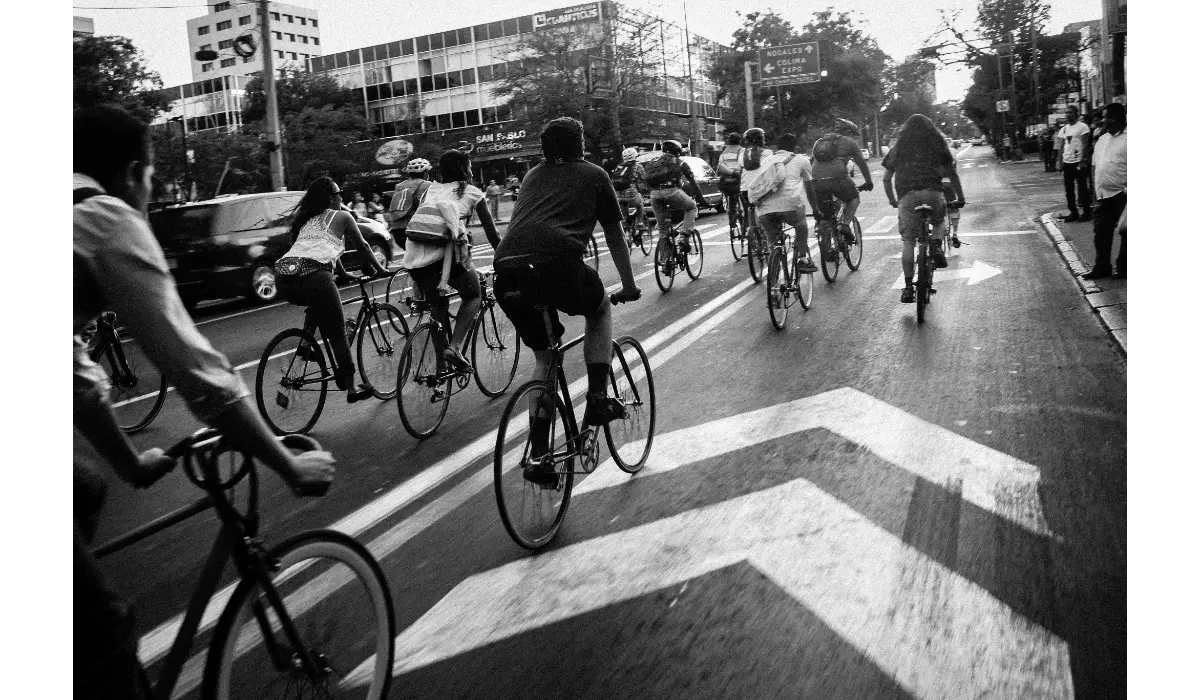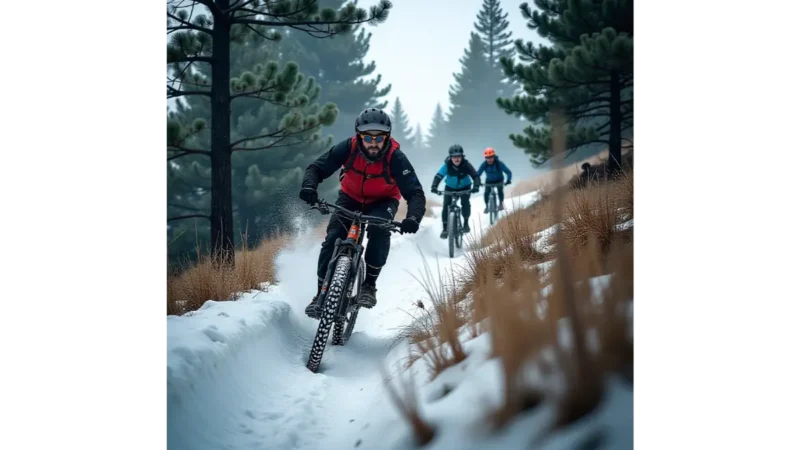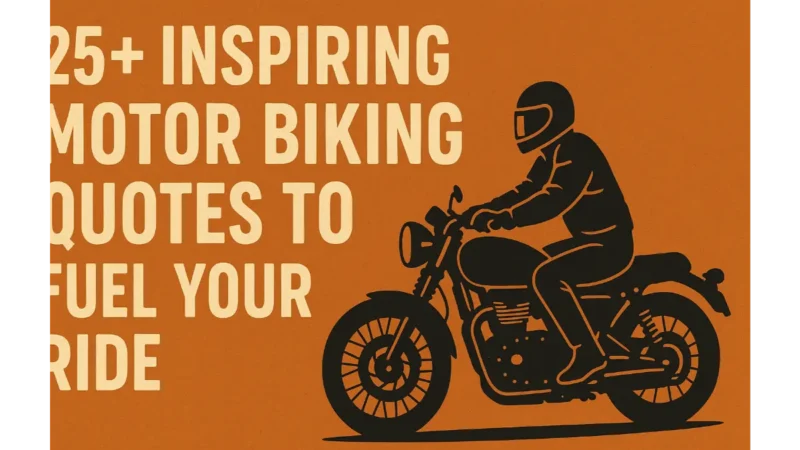We may earn revenue from the products available on this page and participate in affiliate programs. Learn More.
The Biking Merit Badge is one of the most rewarding and challenging badges a Scout can earn. Offered by the Boy Scouts of America (BSA), this badge encourages outdoor activity, fitness, discipline, and the development of safe cycling habits. Whether you are a beginner rider or someone who already enjoys biking, this badge will help you grow your knowledge and confidence on two wheels.
In this guide, we’ll walk through the step-by-step process to earning the Biking Merit Badge, covering every requirement, safety tip, and expert advice to help you succeed. This article is specifically about bicycles, not motorcycles.
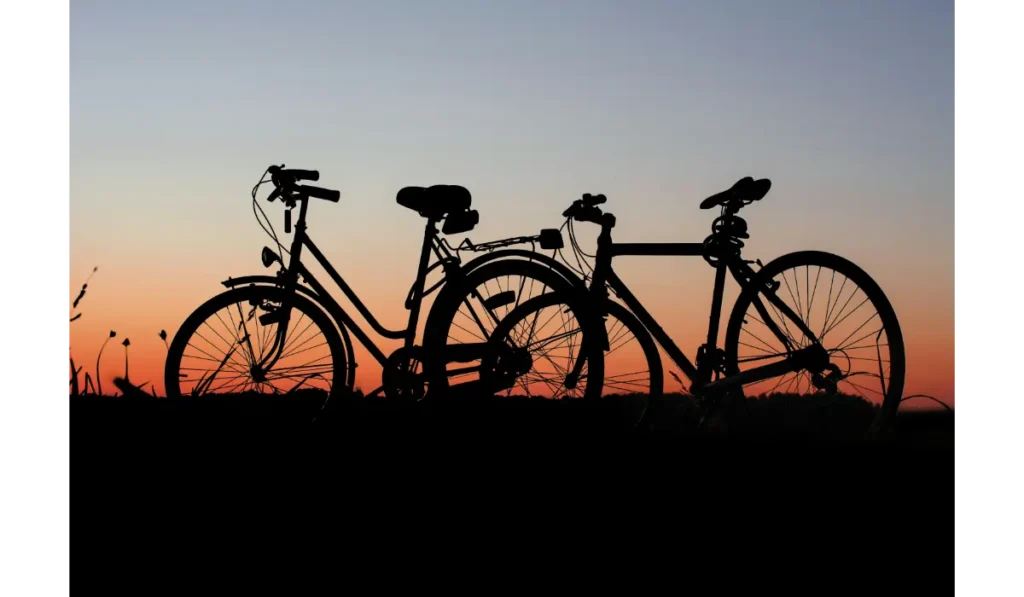
Why Earn the Biking Merit Badge?
- Promotes physical fitness
- Teaches road safety and maintenance skills
- Encourages long-term healthy habits
- Builds endurance, discipline, and commitment
It’s more than just a patch—it’s a personal achievement that teaches lifelong skills.
Step 1: Understand the Requirements
To earn the Biking Merit Badge, you must meet a variety of requirements outlined by BSA. These include understanding biking safety, performing maintenance, and completing a series of long rides.
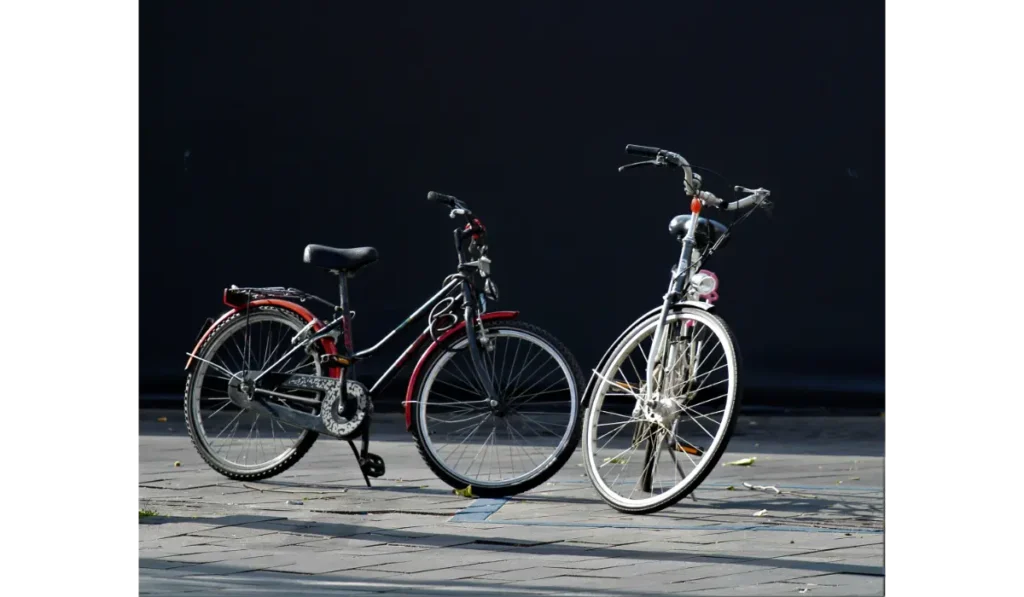
Step 2: Learn Bicycle Maintenance
You must demonstrate that you know how to maintain a bicycle. This includes:
- Checking tire pressure
- Inspecting brakes and brake pads
- Lubricating the chain
- Fixing a flat tire
- Adjusting gears and seat height
Tip: Watch YouTube tutorials or ask a local bike mechanic to walk you through these tasks. Practice on your own bike to build confidence.
Step 3: Master Biking Safety and Traffic Laws
Before hitting the road or trail, it’s essential to know and follow safety rules:
- Always wear a helmet
- Use hand signals when turning or stopping
- Ride with traffic (not against it)
- Obey all traffic signs and lights
- Wear bright or reflective clothing
- Equip your bike with lights and reflectors if riding at dusk or night
Tip: Create a checklist and review safety rules before each ride. Discuss these laws with your Merit Badge counselor.
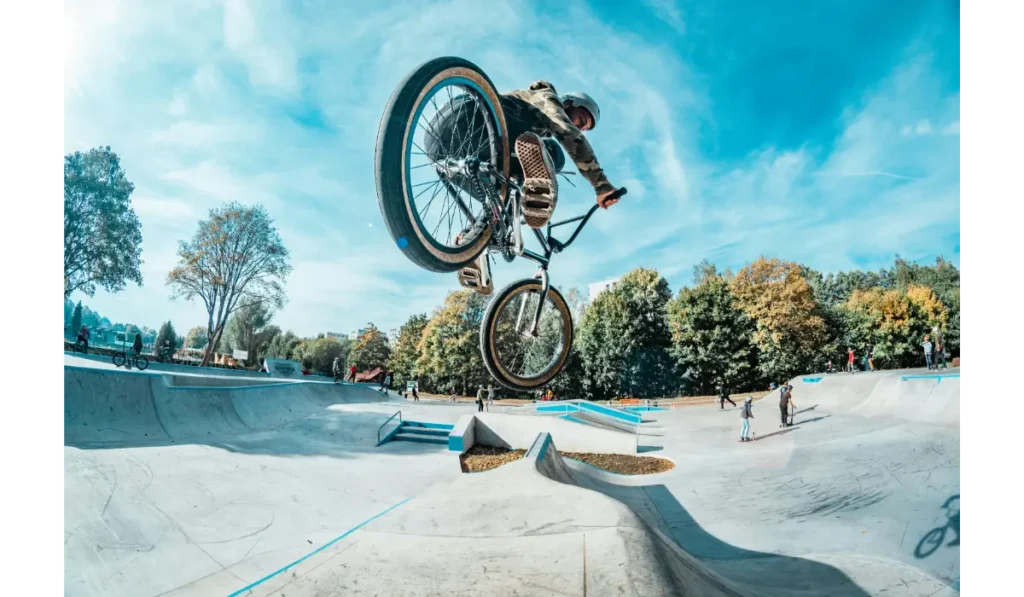
Step 4: Choose the Right Type of Biking
For this badge, Scouts can choose between road biking and mountain biking. Each path has different types of terrain and required skills. Choose the one that aligns with your interest and where you plan to ride.
- Road Biking: involves paved streets and longer distances.
- Mountain Biking: involves dirt paths, trails, and rugged terrain.
Step 5: Prepare for the Rides
To complete the badge, you need to do five separate rides over time:
- Two 10-mile rides
- Two 15-mile rides
- One 50-mile ride (must be completed in 8 hours or less)
Start small and build endurance over several weeks. Don’t attempt long rides until you’re fully ready and properly equipped.
Packing List for Rides:
- Helmet
- Water bottle or hydration pack
- Snacks or energy bars
- Repair kit (tire levers, spare tube, pump)
- First-aid kit
- Identification or emergency contact info
Tip: Keep a biking log or journal to track your rides—note distance, time, weather, and any issues you faced.
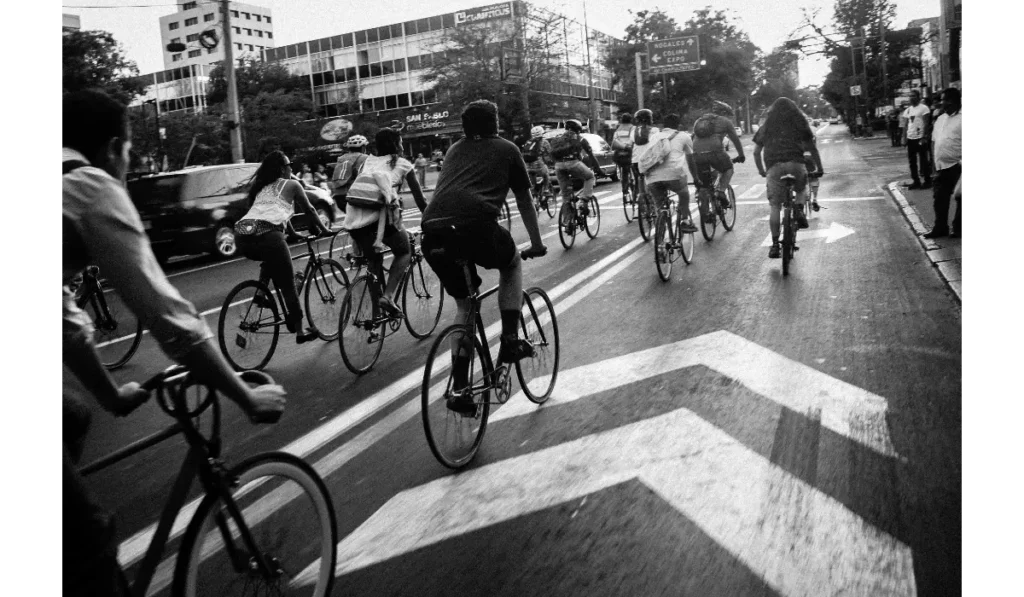
Step 6: Plan and Complete the 50-Mile Ride
The 50-mile ride is the most demanding requirement. You’ll need stamina, preparation, and mental toughness. Here’s how to prepare:
- Choose a safe, flat route if possible.
- Break the ride into segments with rest stops every 10–15 miles.
- Check the weather before you go.
- Ride with a buddy or under adult supervision.
- Practice pacing—don’t rush in the beginning.
Note: You must complete this ride in 8 hours or less, including rest time. Aim for a steady, moderate pace of about 6–8 miles per hour.
Step 7: Review and Reflect
After completing your rides and safety lessons, sit down with your Merit Badge Counselor. Discuss:
- What you learned
- How you handled challenges
- What you would do differently on future rides
Reflection Questions:
- Did you maintain your bike well throughout the process?
- How did your confidence grow from the first ride to the last?
- What was your favorite part of earning the badge?
Bonus Tips to Help You Succeed
- Ride regularly to build endurance and confidence.
- Join a local cycling group or club to stay motivated.
- Watch your nutrition and hydration, especially before long rides.
- Maintain your bike weekly, even when not riding frequently.
- Practice on varied terrain if pursuing mountain biking.
Conclusion
The Biking Merit Badge isn’t just about pedaling miles—it’s about learning responsibility, gaining practical skills, and enjoying the journey outdoors. From bike maintenance to mastering the 50-mile ride, every step teaches something valuable.
By following this detailed guide, staying committed to your training, and prioritizing safety, you’re well on your way to proudly earning the Biking Merit Badge. Keep riding, keep learning, and enjoy the adventure!

